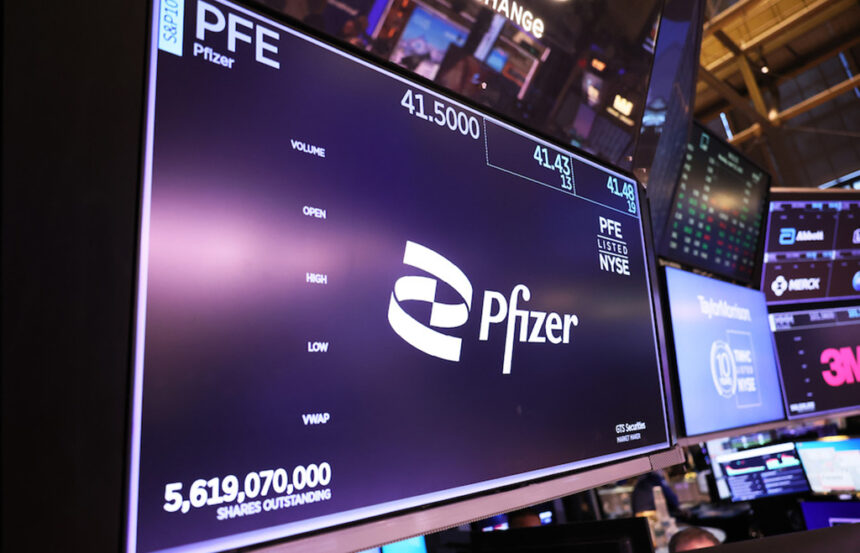Pfizer has named two global agency holding companies to manage parts of its marketing work, but the pharmaceutical giant has not made a decision about its PR assignments.
Asked if an agency was hired to handle PR for Pfizer as part of its multifaceted review, a spokesperson for the company said that “product PR is still being considered and will be addressed as part of the fuller implementation.”
Pfizer has brought on Publicis Groupe to handle its “integrated global engine” work, which includes data and tech, media and creative production, and it named Interpublic Group as its lead creative partner.
Publicis’ main PR agency is MSL, and IPG’s PR firms include the Weber Shandwick Collective and Golin as well as the integrated Dxtra Health network.
In recent years, Pfizer has worked with PR firms including Weber, Ogilvy, Real Chemistry, Dini von Mueffling Communications, Porter Novelli and Edelman.
The selection of Publicis and Interpublic came after the pharmaceutical giant kicked off an agency review this year, directed by newly minted CMO Drew Panayiotou.
“We are working to bring Pfizer’s marketing organization into the same transformation the larger organization has undergone over the past years — to be more innovative, nimbler and data-driven,” said Panayiotou in an emailed statement. “By consolidating and centralizing our agency model, we will use scale to our advantage to get the best of the best from the agency world and power better content creation.”
Panayiotou said that this transformation will integrate best practices and drive consistency across brands, bringing leading-edge integrated and connected platforms.
Pfizer reported Q1 sales of $18.3 billion, down 29% from the year-earlier period. Pfizer’s net income of $5.5 billion, fell from $7.9 billion during the year-earlier quarter. Both top- and bottom-line results beat analysts’ expectations, though they were affected by a decline in demand for the company’s COVID-19 vaccine.
Pfizer CEO Albert Bourla said during the company’s earnings call that the company expects 2023 to be a “transition year” for COVID-related sales as the U.S. pivots to the commercial market for COVID-19 products.
This article originally appeared on PRWeek US.







